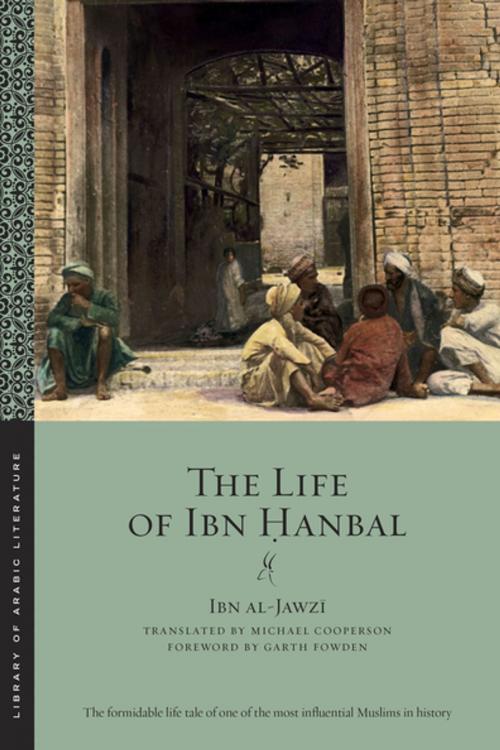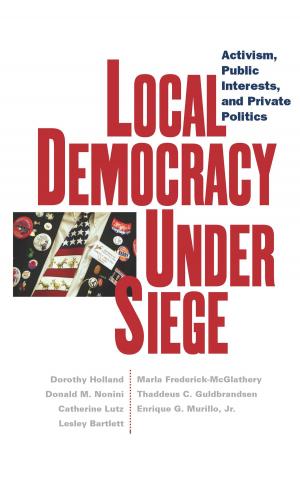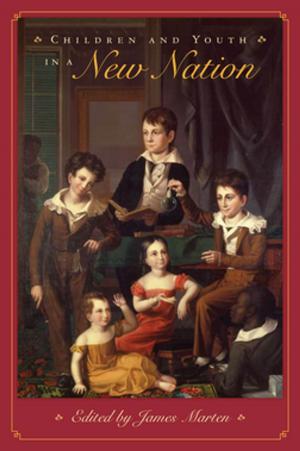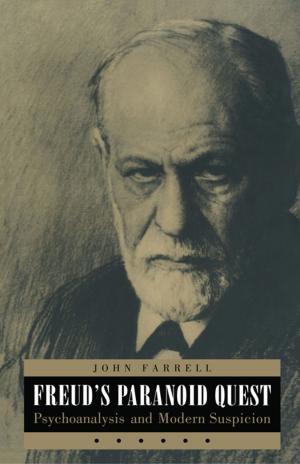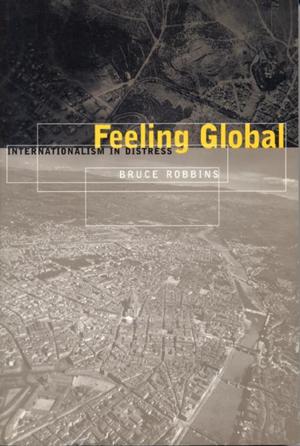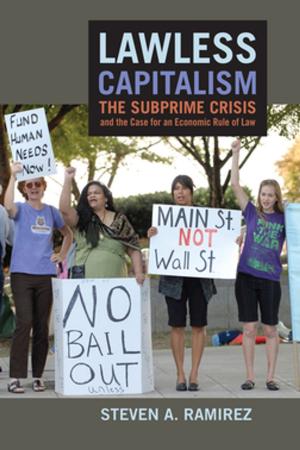The Life of Ibn Hanbal
Nonfiction, Religion & Spirituality, Reference, Leadership, History, Middle East| Author: | Ibn al-Jawzi | ISBN: | 9781479870394 |
| Publisher: | NYU Press | Publication: | October 4, 2016 |
| Imprint: | NYU Press | Language: | English |
| Author: | Ibn al-Jawzi |
| ISBN: | 9781479870394 |
| Publisher: | NYU Press |
| Publication: | October 4, 2016 |
| Imprint: | NYU Press |
| Language: | English |
The Life of Ibn Hanbal is a translation of the biography of Ibn Hanbal by the Baghdad preacher, scholar, and storyteller Ibn al-Jawzi (d. 597 H/1200 AD), newly abridged for a paperback readership by translator Michael Cooperson
Ahmad ibn Hanbal (d. 241 H/855 AD), renowned for his profound
knowledge of hadiths—the reports of the Prophet’s sayings and deeds—is a major
figure in the history of Islam. He was famous for living according to his own
strict interpretation of the Prophetic model and for denying himself the most
basic comforts, even though his family was prominent and his city, Baghdad, was
then one of the wealthiest in the world. Ibn Hanbal’s piety and austerity made
him a folk hero, especially after he resisted the attempts of two caliphs to
force him to accept rationalist doctrine. His subsequent imprisonment and
flogging is one of the most dramatic episodes of medieval Islamic history, and his
principled resistance influenced the course of Islamic law, the rise of
Sunnism, and the legislative authority of the caliphate.
Set against the background of fierce debates over the role of reason and the basis of legitimate government, it tells the formidable life tale of one of the most influential Muslims in history.
The Life of Ibn Hanbal is a translation of the biography of Ibn Hanbal by the Baghdad preacher, scholar, and storyteller Ibn al-Jawzi (d. 597 H/1200 AD), newly abridged for a paperback readership by translator Michael Cooperson
Ahmad ibn Hanbal (d. 241 H/855 AD), renowned for his profound
knowledge of hadiths—the reports of the Prophet’s sayings and deeds—is a major
figure in the history of Islam. He was famous for living according to his own
strict interpretation of the Prophetic model and for denying himself the most
basic comforts, even though his family was prominent and his city, Baghdad, was
then one of the wealthiest in the world. Ibn Hanbal’s piety and austerity made
him a folk hero, especially after he resisted the attempts of two caliphs to
force him to accept rationalist doctrine. His subsequent imprisonment and
flogging is one of the most dramatic episodes of medieval Islamic history, and his
principled resistance influenced the course of Islamic law, the rise of
Sunnism, and the legislative authority of the caliphate.
Set against the background of fierce debates over the role of reason and the basis of legitimate government, it tells the formidable life tale of one of the most influential Muslims in history.
